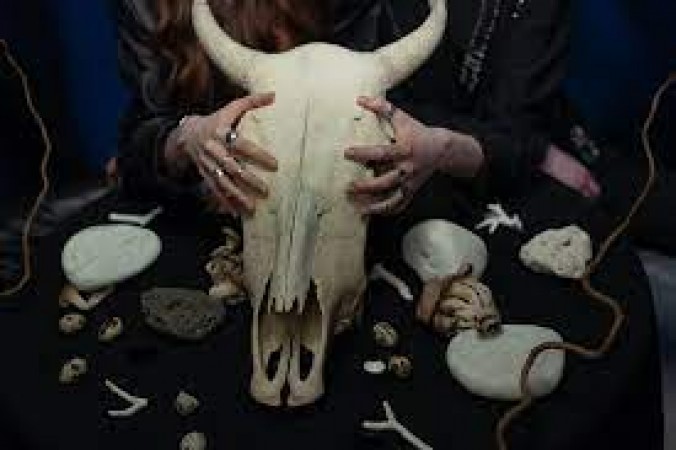
Nagpanchami, a significant Hindu festival, has a long history rooted in the celebration of snakes. However, among the festivities, a more enigmatic and darker aspect occasionally emerges – the belief in black magic. In this article, we delve into the realm of black magic on Nagpanchami, exploring its origins, practices, and the influence it holds on this auspicious day.
Nagpanchami traces its origins back to ancient times, where serpent worship was prevalent across various cultures. In Hinduism, snakes are revered as symbols of protection, fertility, and cosmic energy. Nagpanchami, the fifth day of the bright half of Shravana, is dedicated to honoring these mystical creatures.
Nagpanchami holds immense religious significance for devotees. The day is associated with Lord Krishna's victory over the snake demon Kalia, symbolizing the triumph of good over evil. Devotees often visit temples and snake pits, seeking blessings and protection from snakebites.
Black magic, often referred to as "Kala Jadu" in local parlance, is a mysterious and controversial practice that has persisted through centuries. It involves the use of supernatural forces to manipulate and control outcomes, often with malicious intent. The convergence of black magic with Nagpanchami introduces an intriguing dimension to the festival.
Some individuals believe that the energies of Nagpanchami are conducive to harnessing dark forces. Practitioners of black magic allegedly perform rituals on this day to gain power, harm enemies, or influence outcomes. These rituals might involve the use of symbols, chants, and offerings to appease malevolent entities.
The belief in black magic on Nagpanchami raises complex questions about the interplay between spirituality and superstition. While some dismiss it as mere superstition, others hold steadfast to their beliefs, influenced by stories passed down through generations.
Despite the prevalence of stories and anecdotes, concrete evidence validating the efficacy of black magic remains elusive. Skeptics argue that psychological factors and suggestion play a significant role in shaping individuals' experiences.
In contemporary society, the belief in black magic on Nagpanchami is met with a mix of skepticism and curiosity. As education and awareness spread, some are letting go of superstitious beliefs, while others continue to uphold traditional practices.
For many, black magic is an integral part of the cultural fabric. It serves as a connection to ancestral practices and beliefs, highlighting the intricate balance between modernity and tradition. The association between black magic and Nagpanchami is a fascinating amalgamation of history, belief, and cultural intricacies. While the festival celebrates the reverence of snakes and divine protection, the shadows of black magic remind us of the intricate layers that comprise our understanding of spirituality. Whether one believes in its mystique or dismisses it as a relic of the past, the coexistence of these perspectives highlights the enigmatic nature of human beliefs.
Bangalore to Experience Zero Shadow Day: What You Need to Know
Celebrating Ihana Dhillon: A Star's 28th Birthday with a Noble Cause
Zedit Magazine: Fashion's Mystical Empowerment Unleashed by Zufi Alexander